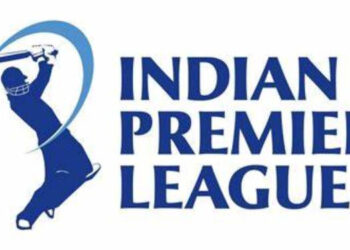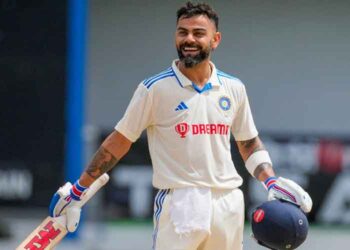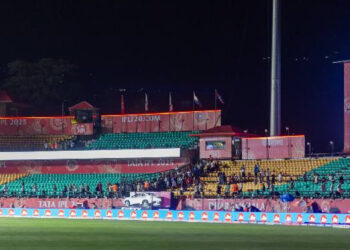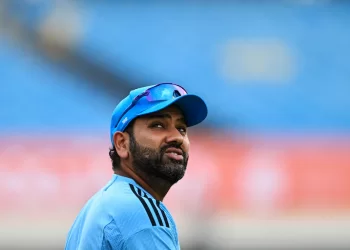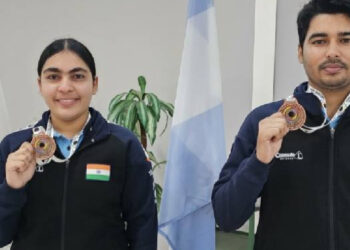During an exclusive conversation, former South African cricketer AB de Villiers unveiled fresh perspectives on Virat Kohli’s potential ODI retirement and his role in the ICC World Cup 2023.
The likes of Michael Clarke, Shane Bond, Shane Watson, Kieron Pollard, Alex Hales, and Steven Finn all share a common thread – they announced their retirements at the age of 34. Virat Kohli, a formidable force in world cricket at 34, is poised to lead India’s charge in the upcoming ICC World Cup, in contrast.
Despite a stellar career, Kohli shows no signs of slowing down and remains a linchpin for the Indian cricket team across all formats. His recent record-breaking century against Pakistan in the Asia Cup underscored his form. Kohli played a pivotal role in India’s triumph at the Asia Cup, setting the stage for their World Cup campaign.
Kohli’s return for India’s final ODI against Australia before the ICC World Cup 2023 adds to the intrigue. Could a victorious World Cup campaign on home soil prompt Kohli to contemplate bidding farewell to the ODI format? Cricket legend AB de Villiers, in his own right, suggests that such a moment might not be ill-timed. He speculates that Kohli could potentially transition to focusing on Test cricket and IPL, relishing the final chapters of his illustrious career while prioritizing family time.
Nicknamed ABD, De Villiers, who shared the Royal Challengers Bangalore (RCB) locker room with Kohli during their IPL days, retired from all forms of cricket at the age of 37. Drawing from their time together, De Villiers notes that Kohli, at 34, is in remarkable physical and mental shape. He lauds the strategic resting periods that Kohli’s schedule has incorporated, affirming that the hunger and competitive fire still burn brightly within him.
One cannot ignore Kohli’s pursuit of Sachin Tendulkar’s century record. His stunning century against Pakistan in the Asia Cup not only displayed his exceptional skill but also set him on a path to potentially surpass Tendulkar’s record tally of ODI hundreds. Despite this milestone looming, De Villiers emphasizes that Kohli’s main focus lies in team success rather than personal accolades. He identifies Kohli as a team player, whose on-field emotions reflect his deep-seated commitment to winning and being an integral part of a triumphant unit across all formats of the game.
In conclusion, De Villiers provides intriguing insights into Kohli’s potential career trajectory, shedding light on the factors that may influence the cricketing maestro’s decisions in the near future.







 Finance
Finance
